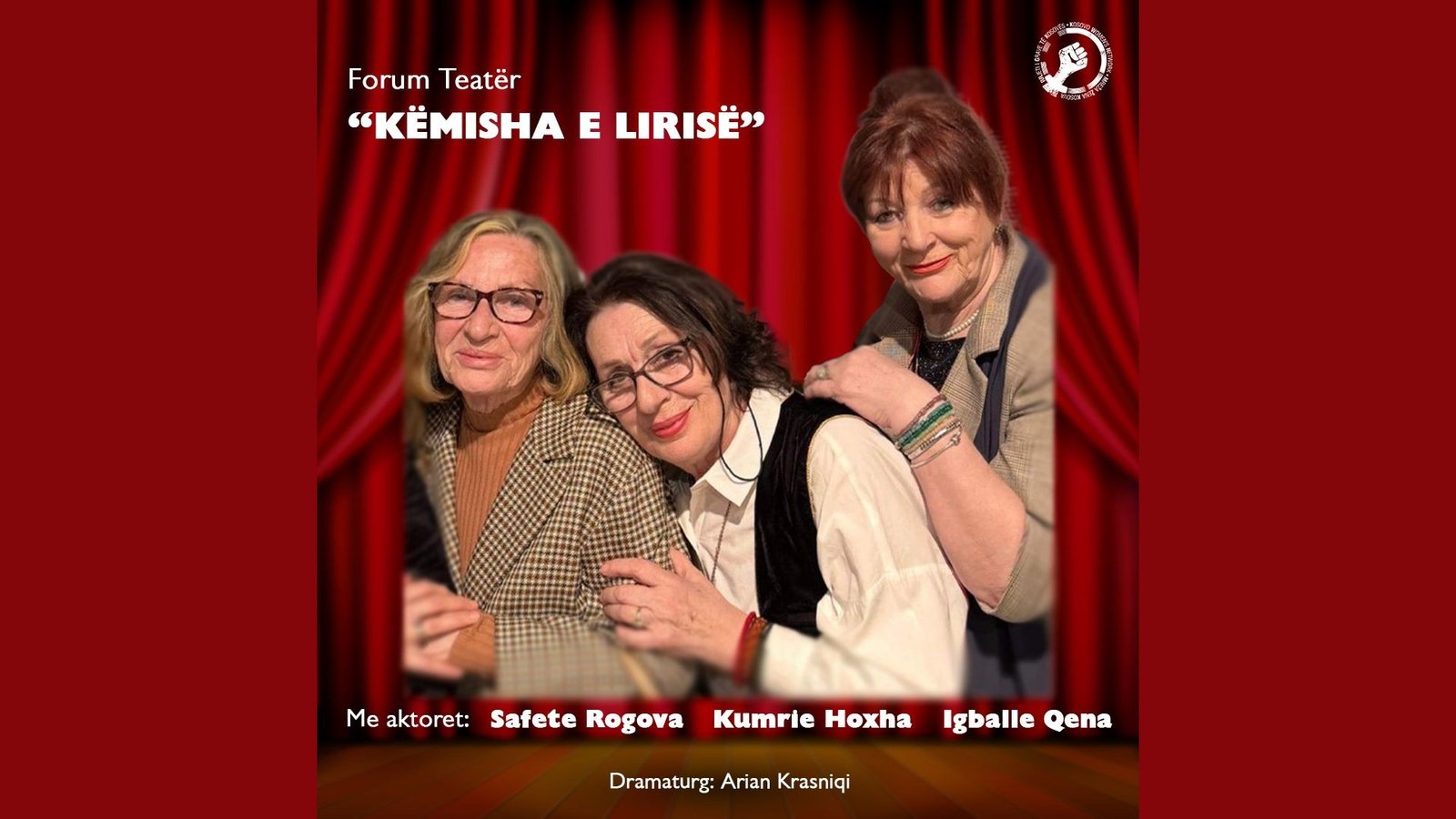The Kosova Rehabilitation Centre for Torture Victims (KRCT) screened the documentary “The Call for Help”, a documentary prepared in close cooperation with persons with mental disabilities.
KRCT organized the screening to mark 10 Oct., the International Day of Mental Health. The documentary also relates to KRCT’s field of work: preventing torture and respecting human rights.
KRCT screened the documentary on 22 Oct. in Shtime Special Institute, demonstrating support for the residents of this mental health institution.
“The purpose of this activity is to promote and support the development of working skills of persons with mental disabilities, psychiatric disorders and mental retardation, as well as their desire and willingness to take part in free activities,” said Feride Rushiti, Executive Director of KRCT.
Distinctive representatives of local and international institutions, as well as civil society attended the event.
“It was a very good idea for this documentary to be screened at Shtime Special Institute, since in this way representatives of the government, international organizations and civil society had the chance to see the environment within the institution and the good conditions they offer for the residents of this institution,” said Igballe Rogova, Executive Director of KWN.
The documentary was made in cooperation with the Shtime Special Institute and supported by Civil Rights Defenders. KRCT is a KWN member organization.




